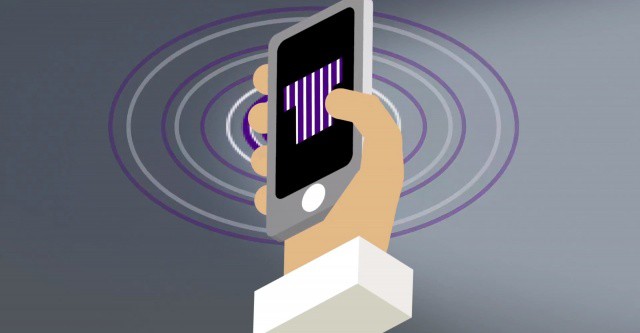IBM: The Smartphone Of The Future Will Hear, See, Smell, Taste & Feel
Towards the end of each year, IBM Research publishes a list of five things it predicts our gadgets will be capable of within the next five years. While some of its predictions seem a little too outlandish and farfetched, others — such as its 2006 prediction for realtime speech translation — become a reality.
IBM’s 2012 list is all about the five senses. It predicts that by 2018, our gadgets will help us touch, see, hear, taste, and even smell. Your smartphone, IBM believes, will use new technologies to simulate the physical sensation of touching something, while your tablet will be able to taste your food.
The first thing on IBM’s list is touch, and it’s one of the most interesting — at least for me — because it applies to smartphones.
Touch
“You will be able to touch through your phone,” IBM says, thanks to infrared and haptic technologies that will enable a smartphone’s display and vibration capabilities to simulate a physical sensation. The example IBM uses is the ability to feel Egyptian cotton sheets in a digital catalog, rather than relying on the copywriter to convince us how soft and smooth they are.
IBM explains more in the video below.
See
Today’s recognition systems can help pinpoint a face in the crowd, but IBM predicts future computer vision might be able to save lives by analyzing data patterns to make sense of visuals in the context of big data. In the healthcare industry, for example, a system could be used to gather information and detect certain anomalies, such as a tiny area of diseased tissue in an MRI scan, which can then be applied to a patient’s medical history for faster and more accurate diagnosis and treatment.
Hear
This one really excites me. IBM predicts that within the next five years, sensors will be able to pick up sound patterns and frequency changes that could predict weakness in a bridge before it buckles, the deeper meaning of your baby’s cry, or a tree breaking internally before it falls.
By analyzing verbal traits and including multi-sensory information, machine hearing and speech recognition could even be sensitive enough to advance dialogue across languages and cultures.
Wouldn’t it be incredible if a sensor could tell you exactly why your baby is crying?
Taste
I don’t know about you, but I don’t like the idea of feeding my tablet half my dinner. However, IBM predicts that future slates could have “digital tastebuds” that’ll help us eat smarter. They would use an “algorithmic recipe of favorite flavors and optimal nutrition” to compute your “perfect” meal, satisfying both the calorie count and the palate.
https://youtu.be/DNz23XXLa1E
Smell
This is another interesting one. IBM predicts that computers will soon have a sense of smell, allowing them to distinguish odors like chemicals and even molecules in your breath that affect personal health.
The same smell technology, combined with deep learning systems, could troubleshoot operating-room hygiene, crops’ soil conditions or a city’s sanitation system before the human nose knows there’s a problem.
Wouldn’t it be cool if you could call your doctor and get a diagnosis by breathing down the phone?
You can check out IBM’s list by hitting the source link below. It’s fascinating, and while not all of these things may appear before 2018, some of them certainly seem like the next step forward.
- SourceIBM
- ViaiDownloadBlog



